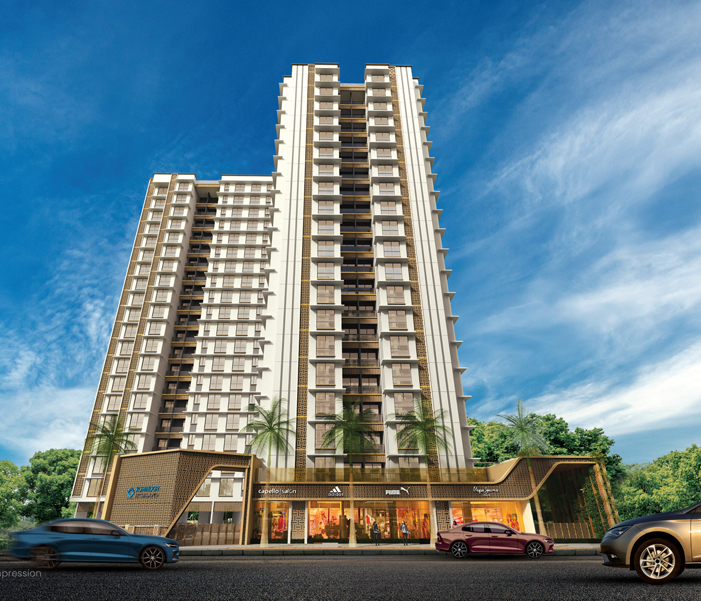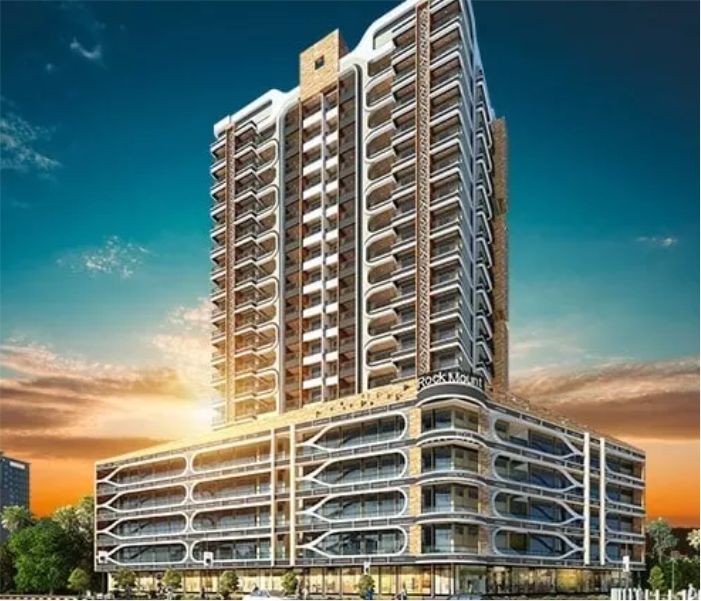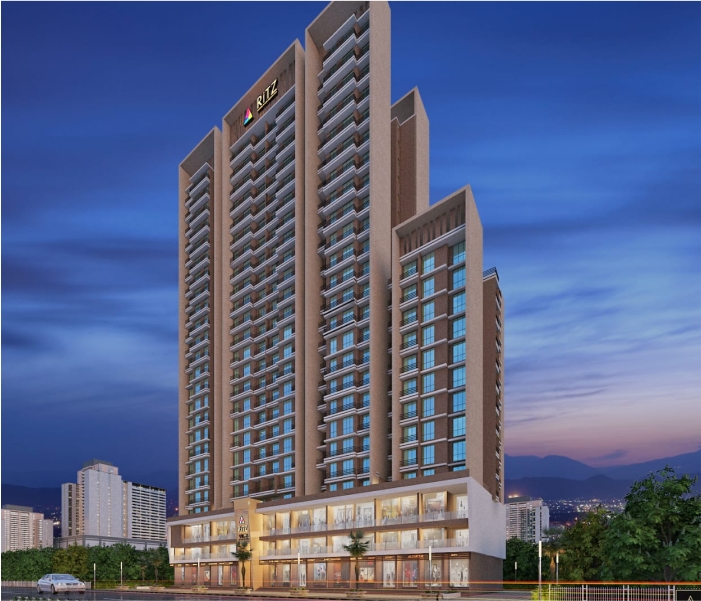
Bombay High Court: Maharashtra Slum Policy Encourages Encroachments
- Policy Encourages Encroachments: The Bombay High Court criticized the Maharashtra government’s slum policy, calling it "strange" for converting private and public lands into free tenements for encroachers once designated as slum rehabilitation areas. The court remarked that the policy promotes illegal encroachments rather than preventing them.
- Impact on Mumbai: The court highlighted that if the Slum Rehabilitation Authority (SRA) and other officials adhered to the law, Mumbai wouldn’t face its current situation, where an international city is also infamous for its extensive slums on both private and public lands. This observation underscores the policy's failure in effective urban management.
- Call for Policy Introspection: The judges called for a thorough review of such government policies, emphasizing the potential adverse impact on future generations. They noted that the current policy fosters a climate where illegal encroachments are tacitly accepted, worsening urban challenges.
- Relief for Mount Mary’s Church Trust: In a significant ruling, the court granted relief to the Trust managing Mount Mary’s Church in Bandra (West). It annulled the SRA’s action to acquire 1,596.40 square meters of Trust land for slum redevelopment, labeling the notice issued by the SRA CEO as “patently illegal.”
- Developer Exploitation: The court described the situation as a “classic case” where a private developer attempted to exploit the slum redevelopment guise to seize the land. The SRA proposed an inadequate compensation of Rs 17 lakh for prime Bandra land, reflecting the policy's unfairness towards landowners.
- Rights of Landowners vs. Slum Dwellers: The court asserted that slum dwellers forming a society cannot claim higher rights than the landowners. It criticized the current acquisition methods under the Slum Act as "draconian," granting minimal input to landowners while allowing excessive discretion to the SRA CEO, which opens the door to arbitrariness and illegality.
- Opportunity for Self-Development: The bench found it "astonishing" that the SRA did not allow the petitioner to develop the land and rehabilitate the slum dwellers independently, instead opting for compulsory acquisition. This decision highlights the policy’s rigidity and lack of flexibility for landowners.
- State Policy Critique: The court strongly condemned the state policy, suggesting it essentially rewards illegal encroachments. It noted that this policy has led to significant losses of both government and private lands, which is detrimental to effective land management and ownership rights.
- Judicial Observations: Justices Girish S. Kulkarni and Jitendra S. Jain stated that the current approach to land acquisition under the Slum Act is "wholly unacceptable." They emphasized that the compulsory acquisition of land through such stringent actions is not supported by statutory law, indicating a need for policy overhaul.



Recent comments(0)